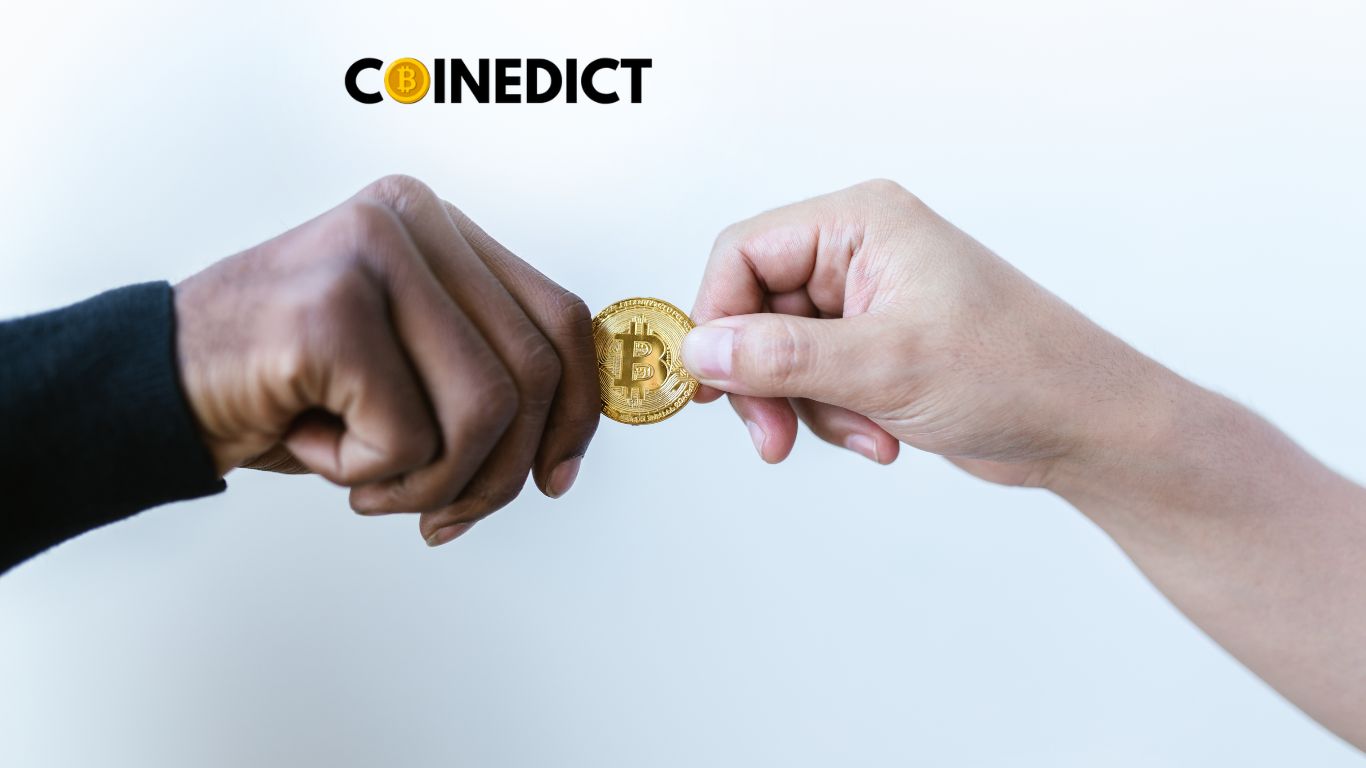With approximately 1,500 cryptocurrency exchanges operating worldwide, choosing the right one can feel like searching for a needle in a haystack. To help simplify the decision-making process, here’s a detailed guide to the key factors you should consider when selecting a crypto exchange.
1. Security Comes First
Crypto exchanges aren’t banks, but they hold vast amounts of assets, making them prime targets for hackers. Look for exchanges with robust security features, such as two-factor authentication (2FA), cold storage for funds, and regulatory compliance.
Platforms like Binance and VALR stand out for their advanced security protocols, including encrypted data, user-level controls like wallet whitelisting, and stringent compliance measures. Choosing a secure platform ensures peace of mind while trading.
2. User-Friendly Interface
An overly complex interface can discourage users, especially beginners. Look for exchanges that balance simplicity and functionality. Platforms like StormGain and KuCoin excel in offering intuitive dashboards while providing access to advanced features for experienced traders.
3. Supported Tokens
If you plan to trade beyond major cryptocurrencies like Bitcoin and Ethereum, opt for exchanges with diverse token offerings. MEXC, for instance, boasts over 2,900 token listings, making it a top choice for exploring lesser-known altcoins. Ensure your chosen exchange also supports stablecoins like USDT and USDC for added trading convenience.
4. Transaction Fees
Fees can significantly impact your profits, especially for active traders. Compare transaction, withdrawal, and deposit fees across platforms. VALR, for example, offers competitive fees, including free crypto deposits and a 0% maker fee on most trades. Similarly, Kraken and Bybit are excellent options for low-cost trading.
5. Payment Methods
The availability of multiple payment methods is crucial for convenience. Whether you prefer wire transfers, credit cards, or digital payment systems like PayPal, choose an exchange that aligns with your preferences. Local exchanges often support regional fiat currencies, such as VALR in South Africa or WazirX in India.
6. Liquidity and Volume
High liquidity ensures smoother transactions with minimal price slippage, especially for larger trades. Platforms like Binance, Coinbase, and Kraken lead the pack in daily trading volumes, offering deep liquidity for a wide range of tokens.
7. Customer Support
When things go wrong, responsive customer support can make all the difference. Look for exchanges offering 24/7 live chat, phone support, or robust help centers. Coinbase is widely regarded for its excellent customer service, including phone support and detailed guides for troubleshooting.
8. Advanced Trading Features
For seasoned traders, features like margin trading, futures, and staking can enhance the trading experience. Exchanges such as Binance, PrimeXBT, and VALR offer advanced options, including leverage trading and access to decentralized finance (DeFi) services for earning passive income.
Final Thoughts: Balancing Your Priorities
Selecting the right crypto exchange is a balancing act. Security should always be your top priority, but other factors like ease of use, token variety, and transaction costs will depend on your specific needs. Take the time to research and compare platforms to find the one that aligns with your trading goals.
By focusing on what matters most to you—whether it’s low fees, advanced features, or strong security—you’ll set yourself up for a seamless trading experience in the ever-evolving world of digital assets.











